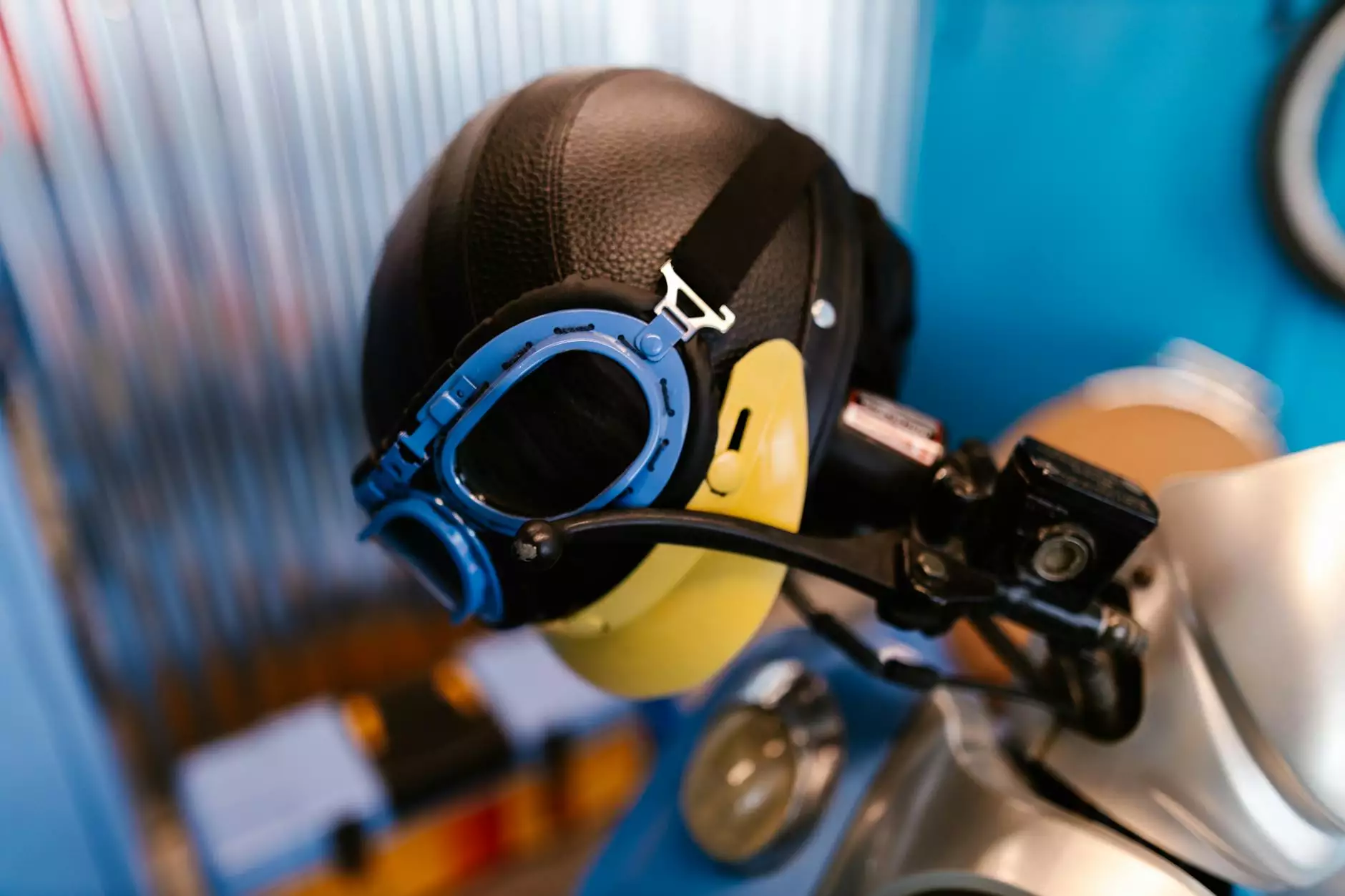The Essential Guide to Torque Converter Automatics

In the ever-evolving world of automotive engineering, torque converter automatics stand out as a crucial component of modern vehicles. Whether you’re a car enthusiast or simply someone who appreciates the intricacies of automotive technology, understanding how torque converter automatics function can significantly enhance your knowledge of automotive performance.
What is a Torque Converter?
A torque converter is a type of fluid coupling that transmits rotating power from an engine to a transmission. It serves as a crucial link between the engine and the automatic transmission, providing smooth power transfer and facilitating efficient vehicle operation. In essence, it allows your vehicle to stop without stalling and enables smoother acceleration.
Functionality of Torque Converters
At its core, a torque converter contains three main components: the impeller, turbine, and stator. Understanding these components is vital to grasp how a torque converter automatic operates:
- Impeller: Driven by the engine’s crankshaft, it is responsible for spinning the fluid, creating a flow that transfers energy to the turbine.
- Turbine: Connected to the transmission, the turbine receives fluid from the impeller and converts its kinetic energy into mechanical energy that powers the vehicle.
- Stator: Placed between the impeller and turbine, the stator helps redirect the fluid returning from the turbine back to the impeller, maximizing efficiency.
The Benefits of Torque Converter Automatics
Torque converter automatics offer numerous advantages over traditional manual transmissions and other automatic systems. Here are some of the key benefits:
1. Smooth Driving Experience
One of the most appreciated features of torque converter automatics is the smooth driving experience they provide. The continuous engagement of the fluid coupling allows for seamless transitions between gears without the harshness often associated with manual gear shifting.
2. Efficient Power Transmission
Torque converter automatics are engineered to optimize power transmission, ensuring that energy from the engine is effectively transmitted to the wheels. This results in improved performance and fuel efficiency, two critical factors for modern drivers.
3. Enhanced Driver Convenience
Driving in heavy traffic can be stressful, but with a torque converter automatic, drivers can enjoy the convenience of not having to manually shift gears. This allows drivers to focus more on the road and less on gear changes, enhancing overall driving safety.
4. Performance in Various Conditions
From urban stop-and-go traffic to highway cruising, torque converter automatics perform efficiently in a variety of driving conditions. The system automatically adjusts to the engine’s power output and vehicle speed, providing optimal performance regardless of circumstance.
How a Torque Converter Differs from a Traditional Manual Transmission
To appreciate the advanced engineering behind torque converter automatics, it’s important to juxtapose them with traditional manual transmissions. Here are the primary differences:
- Shifting Mechanics: Manual transmissions require the driver to physically engage gears, while torque converter automatics shift gears automatically based on driving conditions.
- Clutch Functionality: A manual transmission employs a clutch for engaging and disengaging the engine from the transmission. In contrast, a torque converter uses hydraulic fluid to achieve a similar effect without a clutch pedal.
- Efficiency: Torque converter automatics often yield better fuel efficiency compared to traditional manuals in stop-and-go driving conditions.
Common Issues with Torque Converters
While torque converter automatics are designed for longevity and reliability, they are not devoid of potential issues. Common problems include:
1. Slipping
Slipping occurs when the torque converter fails to maintain a connection between the engine and the transmission, leading to a loss of power. This can result in decreased acceleration and overall performance.
2. Overheating
Excessive heat is a significant enemy of torque converters. Overheating can cause damage to the internal components, leading to failures and costly repairs. Regular transmission fluid checks and changes are crucial in preventing this issue.
3. Fluid Leaks
Leakage of transmission fluid can compromise the performance of a torque converter. It's essential to address any signs of fluid leaks promptly to avoid serious transmission damage.
Maintaining Your Torque Converter Automatic
Proper maintenance of your torque converter automatic can go a long way in ensuring its longevity and optimal performance. Here are some maintenance tips:
1. Regular Fluid Changes
Transmission fluid plays a vital role in the functioning of a torque converter. Regularly changing the fluid ensures that it remains clean and effective in lubricating the system.
2. Check for Leaks
Regularly inspect your vehicle for signs of fluid leaks. Addressing any leaks early can prevent more significant issues down the line.
3. Monitor Engine Performance
Poor engine performance can affect the efficiency of a torque converter. Ensure that your engine is regularly serviced and running optimally.
Torque Converter Technology Advancements
The automotive industry is continually evolving, and so is the technology behind torque converters. Some advancements include:
1. Lock-Up Clutches
Many modern torque converters are equipped with lock-up clutches that enhance fuel efficiency by mechanically locking the engine and transmission together, reducing slippage and improving performance.
2. Multiple Stages
Newer torque converter designs feature multiple stages to allow for improved performance across a broader range of driving conditions.
3. Adaptive Technology
Some advanced systems utilize adaptive technology that allows the torque converter to adjust its behavior based on driving patterns, ensuring optimal performance in varying scenarios.
Conclusion
In summary, torque converter automatics play a pivotal role in modern vehicles, offering a seamless, efficient, and convenient driving experience. Understanding their function, benefits, and the technology behind them is essential for anyone interested in the automotive field. With proper maintenance and advancements in technology, these systems will continue to be a cornerstone of automotive engineering for years to come.
If you’re looking for quality components for your torque converter automatic, visit shenghaiautoparts.com for a wide range of automotive parts and supplies that meet the needs of your vehicle.









